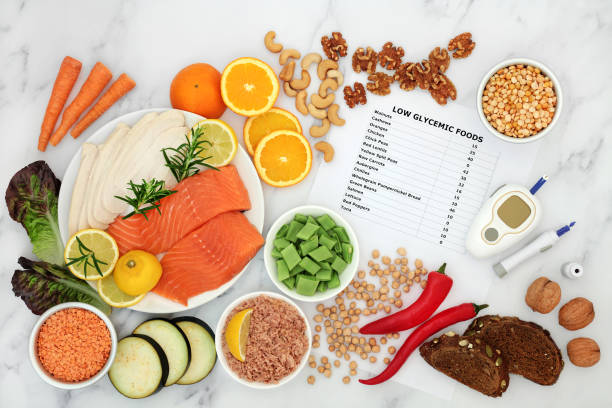Protein, the building block of muscles and essential for overall health, plays a crucial role in our daily dietary needs. Protein is a macronutrient made up of amino acids, which are the building blocks necessary for cell repair, growth, and overall functioning. It is involved in various bodily processes, including muscle development, enzyme production, and hormone regulation.
Factors Influencing Protein Requirements
The recommended daily protein intake can vary depending on several factors:
- Activity Level: Individuals who engage in regular physical activity, especially strength training, may have higher protein needs to support muscle repair and growth.
- Age: Growing children and teenagers, as well as older adults, may require more protein to support their unique growth and maintenance needs.
- Muscle Mass: Those with more muscle mass may require increased protein intake to maintain and support their muscles.
- Health Status: People with certain medical conditions or recovering from injuries may have higher protein needs to aid in the healing process.
Recommended Dietary Allowance (RDA) for Protein
The RDA for protein is a general guideline provided by health authorities. For adults, the RDA is approximately 0.8 grams of protein per kilogram of body weight per day. For example, a 70 kg (154 lbs) individual would need about 56 grams of protein daily.
Protein Intake for Athletes and Active Individuals
For individuals engaged in regular physical activity or strength training, protein needs may be higher to support muscle repair and recovery. Recommendations for athletes and active individuals typically range from 1.2 to 2.2 grams of protein per kilogram of body weight per day, depending on the intensity and frequency of exercise.
Protein Quality Matters
Not all proteins are created equal. Complete proteins, found in animal sources like meat, fish, eggs, and dairy, contain all essential amino acids our body needs. Plant-based sources, such as legumes, nuts, seeds, and whole grains, can provide protein but may lack some essential amino acids. Combining various plant-based protein sources can ensure adequate amino acid intake for vegetarians and vegans.
Timing of Protein Intake
Distributing protein intake evenly throughout the day can be beneficial for muscle protein synthesis and recovery. Including a source of protein in each meal and snack can help maintain a steady supply of amino acids in the bloodstream. Drinking a protein shake after your workout at Blast Fitness will also come in handy.
Individual Variations
While general guidelines exist, individual differences can impact protein needs. Factors such as body composition, metabolism, and fitness goals play a role in determining the ideal protein intake for each person.
Recommended Protein Supplements
1. Optimum Nutrition (ON) Gold Standard 100% Whey:
Overview: Optimum Nutrition’s Gold Standard 100% Whey is a widely popular protein supplement known for its high-quality whey protein blend. It contains a mix of whey protein isolates, whey protein concentrate, and whey peptides, providing a well-rounded amino acid profile. Each serving offers a substantial amount of protein to support muscle recovery and growth, making it a top choice for athletes and fitness enthusiasts.
2. Dymatize ISO100 Hydrolyzed Whey Protein:
Overview: Dymatize ISO100 is a fast-digesting and hydrolyzed whey protein isolate supplement, making it an excellent option for those seeking rapid absorption of protein post-workout. With minimal carbohydrates and fats, it delivers a high percentage of pure protein per serving. This supplement is often praised for its delicious flavors and easy mixability.
3. MuscleTech Nitro-Tech:
Overview: MuscleTech Nitro-Tech is a performance-driven protein supplement formulated to provide advanced muscle support. It features a blend of whey protein isolates and peptides, along with creatine and amino acids. Nitro-Tech is designed to help athletes and bodybuilders in their muscle-building and strength-training goals.
4. BSN Syntha-6:
Overview: BSN Syntha-6 is a popular multi-functional protein powder known for its rich and creamy texture. It combines multiple protein sources, including whey protein concentrate, whey protein isolate, calcium caseinate, and micellar casein, providing both fast and slow-digesting proteins. This sustained-release formula is often used as a meal replacement or to support muscle recovery.
5. Isopure Zero Carb Protein Powder:
Overview: Isopure Zero Carb Protein Powder is a low-carb and high-protein supplement, ideal for those following a ketogenic or low-carb diet. It is made with 100% whey protein isolate, which contains no added carbs, sugars, or fats. Isopure Zero Carb is a suitable option for individuals looking to maintain muscle mass while limiting their carbohydrate intake.
Protein shake before and after workout:
